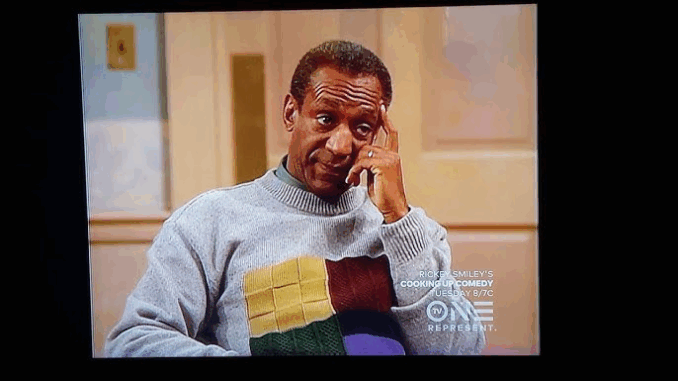
Few television shows have had the commercial success, cultural influence, and long-lasting impact of The Cosby Show. Debuting in 1984 and running until 1992, the NBC sitcom quickly became a television juggernaut, dominating ratings and reshaping the future of network programming.
But what made The Cosby Show a once-in-a-generation hit? Its winning formula combined sharp writing, relatable storytelling, and a groundbreaking portrayal of an African-American family that captivated millions.
Dominating Ratings and Reviving NBC
The Cosby Show arrived at a time when NBC was struggling to maintain its footing in the competitive prime-time landscape. Almost overnight, the series turned the network’s fortunes around. During its second season, it became the number one show in America — a position it held for five consecutive years.
At its peak, the show attracted over 60 million viewers for individual episodes, outperforming long-standing hits and setting the standard for sitcoms. It also played a crucial role in launching NBC’s iconic “Must See TV” Thursday night lineup, alongside hits like Cheers and Seinfeld.
A Business Model for Sitcom Success
Beyond ratings, The Cosby Show was a financial goldmine. Its success generated massive advertising revenue and led to one of the most lucrative syndication deals in television history. By the early 1990s, reruns of the series were airing in dozens of countries, and the show’s global reach helped export American culture — and more importantly, a positive image of Black family life — to a broader audience.
It also proved that family-friendly content with universal themes could be profitable, paving the way for later hits like Full House, Home Improvement, and Everybody Loves Raymond.
Timeless Storytelling with Mass Appeal
One key ingredient of The Cosby Show‘s success was its ability to blend humor with genuine life lessons. The writers struck a careful balance between comedy and heart, presenting issues such as education, growing up, parenting, and social responsibility with depth and warmth.
Its storylines were often simple but effective, offering universal themes that transcended race and class. Viewers from all walks of life saw a bit of themselves in the Huxtables — and that was revolutionary.
Setting a New Standard for Sitcoms
The show’s production values were also ahead of their time. Shot in front of a live audience, it featured sophisticated sets, clever dialogue, and naturalistic performances. Each episode felt like a short stage play, showcasing the chemistry between cast members and Bill Cosby’s comedic timing.
The show also served as a platform for emerging Black artists and musicians, featuring guest appearances from icons like Stevie Wonder and Lena Horne, as well as promoting jazz and R&B culture.
A Complicated Chapter in Television History
Despite its achievements, The Cosby Show‘s reputation has been marred by Bill Cosby’s criminal convictions and the subsequent fallout. Networks pulled the show from rotation, and many fans have grappled with its legacy.
Yet from a business and industry standpoint, its influence remains undeniable. The show set records, reshaped network strategy, and inspired a generation of writers, performers, and producers.
Conclusion
The Cosby Show wasn’t just a sitcom — it was a movement. Its commercial success, cultural relevance, and long-term industry impact make it one of the most important TV shows of the 20th century. While its legacy is complex, its contributions to entertainment, media representation, and television history are lasting and profound.
